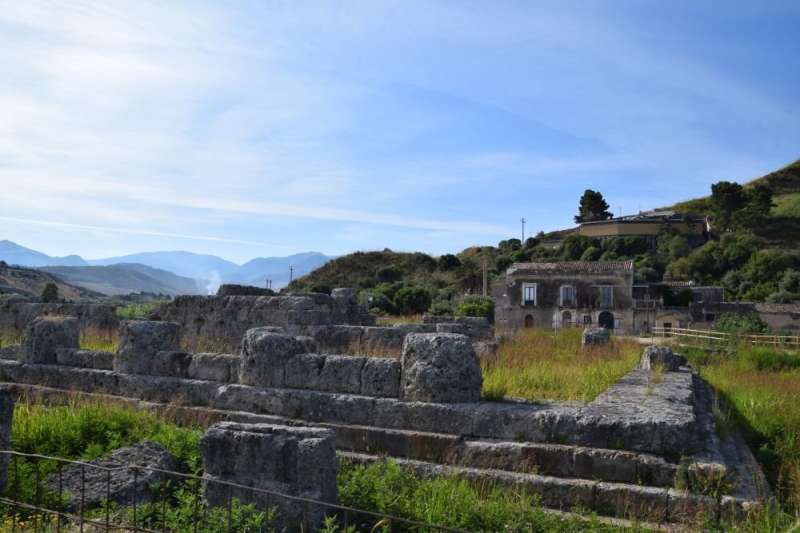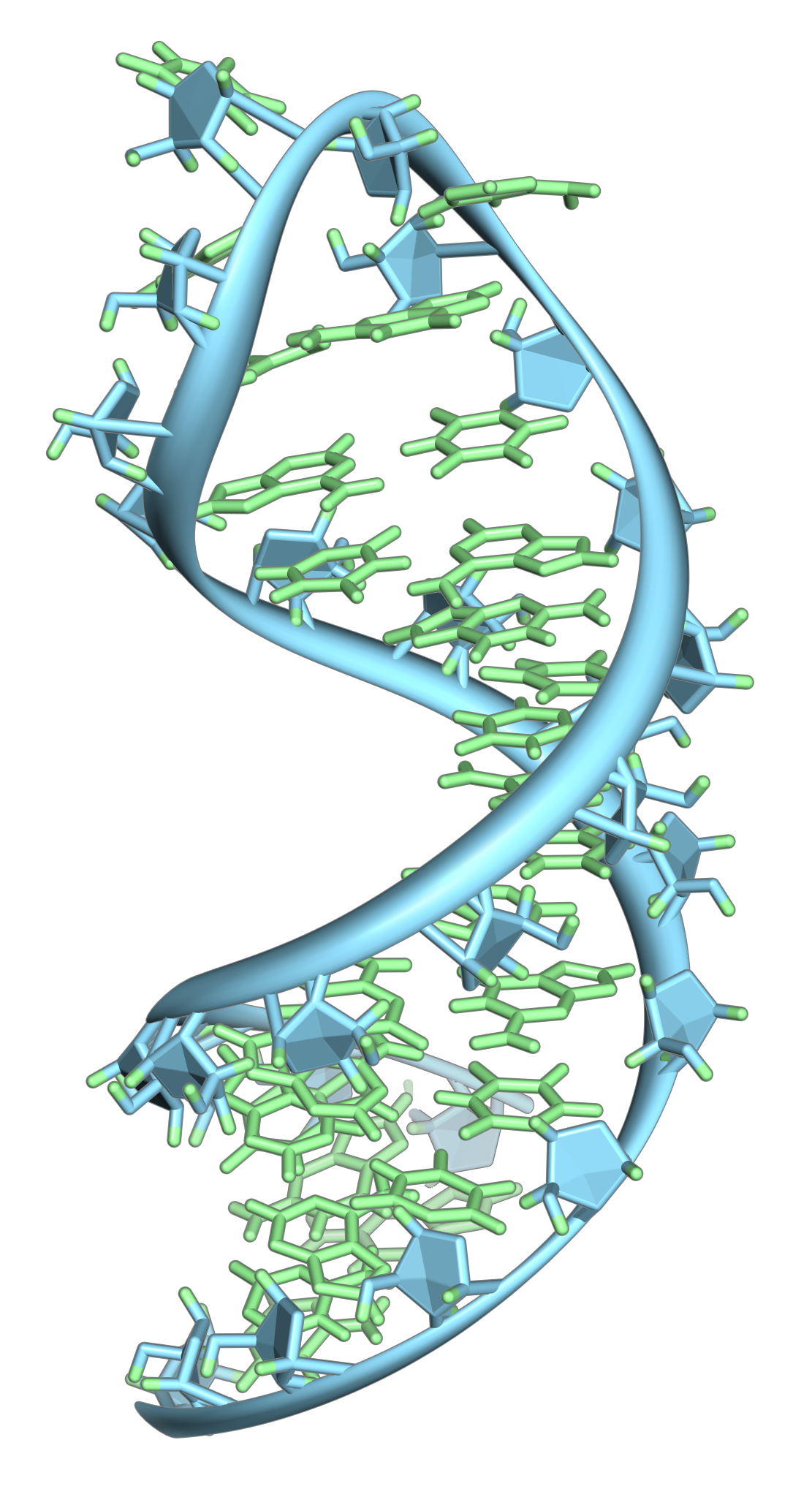#Who fought in the ancient Greek Battles of Himera? Chemical evidence provides answers

“#Who fought in the ancient Greek Battles of Himera? Chemical evidence provides answers”

Geochemical evidence reveals that armies in the Battles of Himera were a mixture of locals and outsiders, according to a study published March 24, 2021 in the open-access journal PLOS ONE by Katherine Reinberger of the University of Georgia, US, and colleagues. These data contradict certain claims made in historical accounts by ancient Greek writers.
In 480 BCE, the ancient Greek city of Himera successfully fought off a Carthaginian army. In 409 BCE, Carthage attacked again, and Himera fell. Historians of the time, including Herodotus and Diodorus Siculus, write that Himera stood strong in the first battle thanks to the aid of Greek allies, while it went unaided in the second battle. However, given the limited and partisan perspective of those ancient historians, these accounts are liable to be incomplete and biased.
The authors of the present study tested these historical claims against geochemical evidence. They sampled strontium and oxygen isotopes from tooth enamel of 62 soldiers who fought in the battles. The soldiers’ tooth chemistry varied based on their region of origin.
The researchers found that only about one-third of Himera’s soldiers from the first battle were local to the area, while around three-fourths were locals in the second battle, corroborating the written claims that Himera was more aided by outsiders the first time than in the second battle. However, the evidence also shows that, contrary to written accounts, many outsiders were not Greek allies, but were instead mercenaries hired from beyond Greek territories.
This study demonstrates the power of archaeological remains to test the claims of historical texts and reveals a potential bias in ancient writings. Ancient Greek historians might have intentionally downplayed the role of foreign mercenaries in the Battles of Himera in an attempt to maintain a more Greek-centric narrative and to avoid the subject, potentially distasteful to Greek society, of hired foreign mercenaries.
The authors add: “Here we were able to use isotopes to support ancient historians, while also challenging those sources by finding evidence of mercenaries and potentially foreign soldiers from very diverse geographic origins. This study is also important to future studies of migration in the Mediterranean by expanding the network of comparative isotopic values.”
Greek authorities say lost ancient city of Tenea located
Reinberger KL, Reitsema LJ, Kyle B, Vassallo S, Kamenov G, Krigbaum J (2021) Isotopic evidence for geographic heterogeneity in Ancient Greek military forces. PLoS ONE 16(5): e0248803. doi.org/10.1371/journal.pone.0248803
Citation:
Who fought in the ancient Greek Battles of Himera? Chemical evidence provides answers (2021, May 12)
retrieved 13 May 2021
from https://phys.org/news/2021-05-fought-ancient-greek-himera-chemical.html
This document is subject to copyright. Apart from any fair dealing for the purpose of private study or research, no
part may be reproduced without the written permission. The content is provided for information purposes only.
If you liked the article, do not forget to share it with your friends. Follow us on Google News too, click on the star and choose us from your favorites.
For forums sites go to Forum.BuradaBiliyorum.Com
If you want to read more Like this articles, you can visit our Science category.



